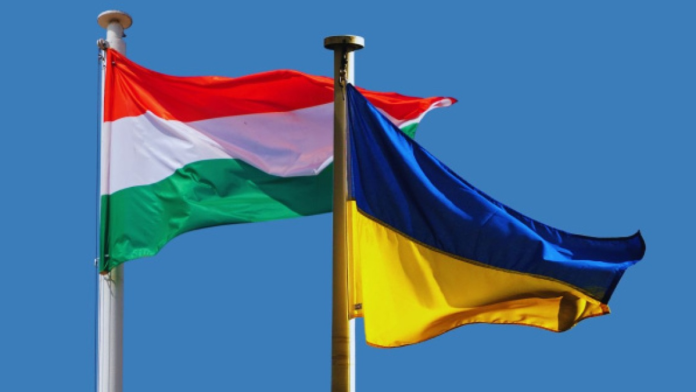As tensions rise in Eastern Europe, a troubling case has sparked diplomatic conflict and international concern. The death of an ethnic Hungarian man, allegedly due to violent conscription methods in Ukraine, has led to fierce criticism from Hungary. The country is now calling for sanctions and demanding accountability from Ukrainian military officials. This has added pressure on the European Union and NATO to take a firm stand.
Ethnic Hungarian Man Dies After Alleged Beating in Ukraine
The incident involves József Sebestyén, a 45-year-old ethnic Hungarian from the Transcarpathian region of Ukraine. He was reportedly taken by force during a military recruitment drive and later died in hospital. Family members claim he was badly beaten while being conscripted and never recovered from his injuries. He spent several weeks in intensive care before passing away.
His death triggered anger in neighbouring Hungary, where officials believe it was not an isolated case. Hungarian leaders say Sebestyén’s treatment reflects a broader pattern of violent recruitment, especially targeting ethnic minorities. They argue that such actions violate international human rights standards and should not be tolerated in any civilised society.
Ukraine imposes sanctions on 62 for stealing resources and heritage from occupied lands
Hungarian authorities have long raised concerns about how Ukraine has handled military mobilizations during the ongoing conflict with Russia. They allege that Ukrainian forces are using increasingly aggressive tactics to fill ranks, particularly in areas where ethnic Hungarians and other minorities live.
Hungary Targets Ukrainian Officials With Sanctions
In direct response to Sebestyén’s death, Hungary has taken action. The government imposed entry bans on three senior Ukrainian military officers. These officials are reportedly responsible for mobilization policies and army operations in the region. Hungary has also urged the European Union to apply sanctions against these same individuals.
Foreign Minister Péter Szijjártó condemned Ukraine’s actions, calling them unacceptable and describing the recruitment system as inhumane. He also criticized the European Union for staying silent on the matter. According to Szijjártó, the EU’s inaction gives the impression that it supports or ignores such abuses.
Ukraine hacks 100TB of Russian government data — massive cyber attack exposes Kremlin secrets
Hungary’s leadership has made it clear that it will not accept practices it believes violate European values. The government has also accused Ukraine of failing to investigate or acknowledge the death of Sebestyén, further deepening mistrust.
This diplomatic row adds to the existing strain between Hungary and Ukraine. It also raises concerns among other European countries that support Ukraine but are now being asked to review how military conscription is being handled during the ongoing war.
Human Rights Reports Confirm Growing Concerns
Independent human rights organizations have reported similar issues. Findings from European monitoring bodies mention several violations related to Ukraine’s wartime recruitment. These include forced mobilizations, physical violence, and the absence of options for conscientious objectors.
🪖 Grandpas gear up — Ukraine enlists elderly to fill military ranks amid war shortage
According to the reports, some individuals were taken without warning from homes, streets, or workplaces. The use of force, particularly in ethnic minority communities, has caused growing fear among civilians. In some cases, deaths and serious injuries have been documented. Human rights watchdogs have urged Ukraine to revise its mobilization process to meet international legal standards.
Ukrainian officials have pushed back against the accusations. Hospital staff involved in Sebestyén’s care claim there were no visible signs of beating. They say he died from natural causes, possibly a heart attack or blood clot. However, Hungarian officials remain unconvinced and continue to demand a thorough and independent investigation.
Sebestyén’s family insists he was forcibly taken and mistreated. They describe him as peaceful and not someone who would willingly take part in war. His death has become symbolic of a much larger issue that touches on national identity, minority rights, and wartime ethics.
Hungary is now calling on EU and NATO members to respond seriously. The government says Europe must not ignore violations of human dignity, even when committed by a country currently at war.


